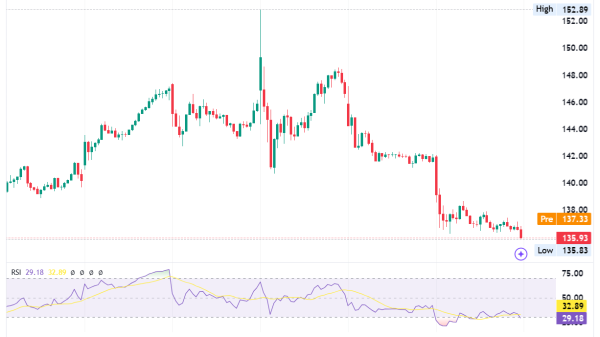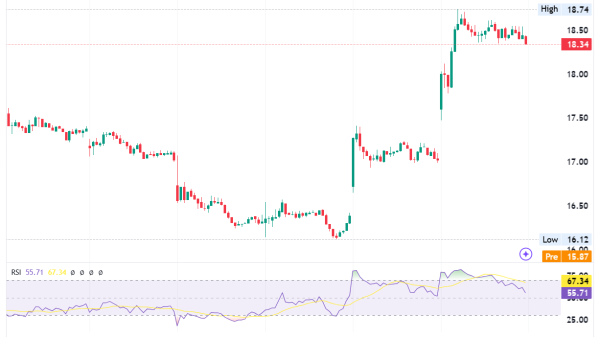Venture capitalist vs Angel investor – grasp the difference
Are you trying to navigate the exciting world of startup funding and curious about the difference between a venture investor vs angel investor? You’re in the right place. Venture investors, often part of a vc firm, are all about venture capital investment.
They bring a wealth of experience, a solid track record, and substantial funds, often from sources like pension funds and private equity, to the table. Their focus? Pouring money into promising early-stage companies through vc investments.
On the flip side, we have angel investors. These are individuals who invest their own money into early-stage businesses. Unlike venture investors who pool resources from various places, angel investors are all about investing their personal wealth into venture capital funding.
Each type of investor brings unique benefits to the table, and understanding their differences is key to navigating the startup funding landscape. Let’s dive in and explore how these two types of investors shape the future of new businesses!
Key takeaways
Angel investors and venture capitalists both offer equity financing, and in other words, they provide capital for businesses to start or expand.
Both angel investors and venture capitalists take on higher levels of risk because they invest in businesses that traditionally do not appear attractive to banks and financial institutions.
Angel investors typically invest in small startups with promising future results.
Venture capital firms invest in more mature and larger companies and generally prefer to invest in companies that have become established and are seeking other investments to grow.
Venture Capitalist vs Angel Investor
Angel investors are businesses that take higher levels of risk by investing in business ventures of a riskier nature and are generally unable to obtain financing from other sources such as banks and institutions financially.
Since angel investors and business angels both invest in high-risk businesses, they both expect to make large profits, which motivates these risky investments. The following article provides a clear overview of each type of investor and describes the obvious similarities and differences between the two.
What are Angel investors?
The angel investors are people who are very wealthy and have enough funds to invest in risky businesses. Angel investors generally invest their own funds; therefore, there is less structure and oversight in the investment made.
Angel investors typically invest in small startups with promising future results. The companies chosen by angel investors fall between those in which banks and venture capital firms invest because they are smaller and more at risk.
Since investments are made in small, premature businesses, the investments made are generally of lesser value, usually up to $100,000.
What are venture capitalists?
Venture capitalists refer to large companies and business entities that raise funds from a number of investors and companies to invest in risky ventures.
Since venture capital firms invest other entities’ funds, there are more complex procedures and oversight in which the investing companies and individuals will be more involved and attentive.
Venture capital firms invest in more mature and larger companies and generally prefer to invest in companies that have become established and are seeking other investments to expand.
Since venture capital firms invest in mature companies, they make larger investments, sometimes in excess of $10 million.
Venture Capitalist vs. Angel Investor
Venture capitalists and angel investors both offer equity financing and, in other words, they provide capital to businesses to start or expand. Angel investors and venture capital firms take on higher levels of risk because they invest in businesses that traditionally do not appear attractive to banks and financial institutions.
Angel investors look for start-up companies and may not have an interest in a particular industry or market as long as the investment idea interests them.
Venture capitalists, on the other hand, invest in companies that are more mature than startups and look for new growth opportunities. This means that venture capitalists will generally be more interested in high-growth industries and emerging markets.
Since angel investors invest their own funds, the investment is generally smaller and will be subject to less strict oversight. Venture capitalists invest funds from external investors and are therefore more careful in how they manage finances and invest funds.
How to become venture capitalist vs angel investor?
Angel Investor Background
To become an angel investor, you need to gather enough capital to start investing in startups. How you get there varies. Some angel investors come from a finance background, often working as venture capitalists (VCs) before investing their own money in companies.
Others might begin in the business world, starting and selling their own companies and then putting money into smaller startups.
Venture Capitalist Background
Venture capitalists also have diverse backgrounds. A strong foundation in finance, economics, and investing is a great start if you’re aiming to work for a VC firm.
Many VCs pursue a Master of Business Administration (MBA) or further education in finance and economics to boost their appeal to big investment firms and deepen their finance knowledge.
For venture capitalists, making connections and getting noticed is crucial. Gaining experience in a startup or in investment-focused roles like investment banking can pave the way to becoming a VC.
Skills You’ll Develop
Aydin notes that much of what you need to know as a VC can be learned on the job. Key qualities for a VC include determination, drive, an inquisitive nature, teamwork, a knack for numbers, and the ability to interact with diverse people.
Venture capitalists need analytical thinking and strong communication skills. They also need to know how to analyze comparable companies, use Excel, and project investment returns using financial models like discounted cash flow (DCF) analysis.
Angel investors need similar skills, particularly an entrepreneurial mindset and effective decision-making skills. If they manage their own investment portfolio, understanding investing concepts like reading stock charts to gauge market activity is beneficial.
Angel Investors vs. Venture Capitalists – Core differences
Angel investors are wealthy individuals who can contribute a large portion of their personal wealth. Venture capitalists acquire funds to invest in startup companies through a pool of investors.
For angel investors, expected returns are generally between 20% and 30% of profits per year. The minimum expected return for venture capitalists is around 20% of profits per year.
Involvement in commercial activities
Regarding angel investors, the main role is advisory, except in the case of capital participation. Venture capitalists are actively involved in company decision-making.
The Bottom Line
In this article, we’ve explored the key differences and roles of angel investors and venture capitalists in the startup funding world. Angel investors are wealthy individuals who invest their own money in startups, often with a focus on smaller, high-potential companies.
They usually play an advisory role, except in cases where they have a stake in the company. Venture capitalists, on the other hand, are part of firms that pool funds from various investors to invest in more mature and larger companies, often getting actively involved in company decision-making.
Both angel investors and venture capitalists take on significant risk by investing in businesses that might not appeal to traditional banks. They both aim for high returns, with angel investors typically looking for 20-30% profits per year, while venture capitalists aim for a minimum of 20% profits annually.
To become an angel investor, one needs to accumulate enough personal wealth to start investing in startups, often coming from a finance or business background.
Venture capitalists also come from diverse backgrounds, but a strong foundation in finance, economics, and investing, often bolstered by an MBA or similar advanced degree, is common.
They also focus on networking and gaining experience in investment-related roles to succeed in the venture capital field.
Both types of investors develop similar skills, including analytical thinking, strong communication, and an entrepreneurial mindset, but venture capitalists also need to master financial analysis and modeling techniques.
Understanding these roles and differences is crucial for anyone looking to navigate the startup funding landscape and engage with either angel investors or venture capitalists.
The post Venture capitalist vs Angel investor – grasp the difference appeared first on FinanceBrokerage.





























